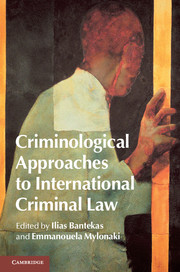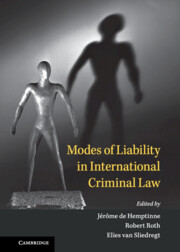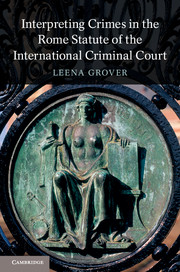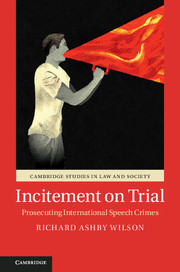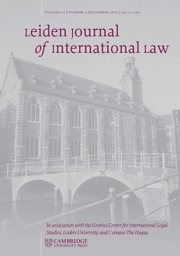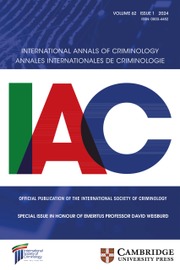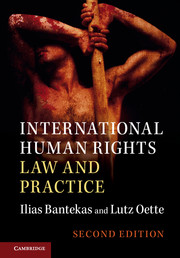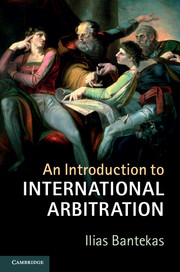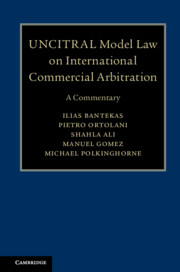Criminological Approaches to International Criminal Law
This volume is one of the few books to explain in-depth the international crimes behind the scenes of substantive or procedural law. The contributors place a particular focus on what motivates participation in international crime, how perpetrators, witnesses and victims see their predicament and how international crimes should be investigated at local and international level, with an emphasis on context. The book engages these questions with a broad interdisciplinary approach that is accessible to both lawyers and non-lawyers alike. It discusses international crime through the lens of anthropology, neuroscience, psychology, state crime theory and information systems theory and draws upon relevant investigative experience from experts in international and domestic law prosecutions.
- Applies a broad range of criminological theories to explore what motivates people to participate in international crimes
- The book is full of practical examples of how interdisciplinary approaches are applied in international and domestic criminal courts
- Contributors to the book are both academics and practitioners from legal and interdisciplinary backgrounds
Product details
November 2014Hardback
9781107060036
336 pages
235 × 157 × 24 mm
0.65kg
6 b/w illus. 9 tables
Available
Table of Contents
- Introduction: an interdisciplinary criminology of international criminal law Ilias Bantekas
- 1. Criminological theory and international crimes: examining the potential Andy Aitchison
- 2. The relevance and application of empirical research methods to the study of international crimes Emmanouela Mylonaki
- 3. Understanding and responding to state crime: a criminological perspective Kristian Lasslett
- 4. Investigating complex crime Jonathan Rusch
- 5. Evidence in cases of mass criminality Dermot Groome
- 6. Eyewitness psychology in the context of international criminal law Brian Cutler, Roderick Lindsay and Andrew Smith
- 7. The role of information systems in the prevention and detection of transnational and international crime Dionysios Demetis
- 8. Using the macro-micro integrated theoretical model to understand the dynamics of collective violence Olaoluwa Olusanya
- 9. The anthropological dimension of international crimes and international criminal justice Ilias Bantekas
- 10. Mental health and international crimes Henrik Anckarsäter, Tova Bennet, Thomas Nilsson and Susanna Radovic
- 11. Understanding collective violence: the communicative and performative qualities of violence in acts of belonging Jeffrey Stevenson Murer
- 12. Defining victims: a proposed typology for victims of war crimes and their need for reparation Jo-Anne M. Wemmers and Amissi Manirabona.

